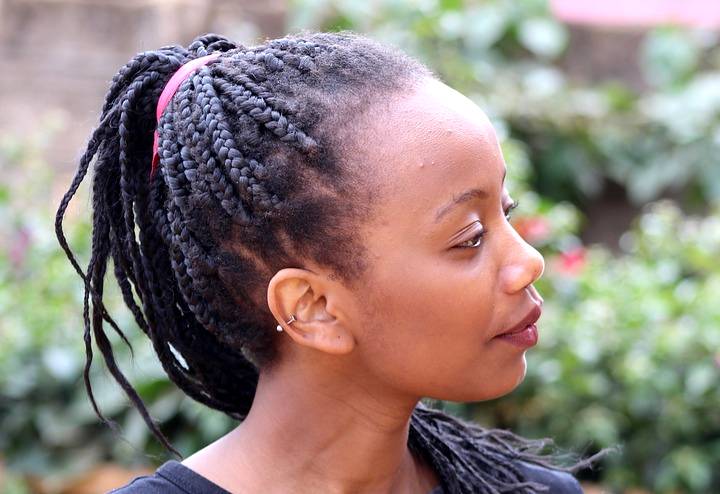 Our hair can define us, across all cultures and countries, although there are anatomical, or molecular differences.
Our hair can define us, across all cultures and countries, although there are anatomical, or molecular differences.
Human hair is normally classified into three ethnic groups, Caucasian, Asian and African. There are chemical differences, such as keratin and amino acid composition, although hair shape is the most notable variation.
Asian hair is cylindrical and has a relatively greater diameter, Caucasian hair tends to be more oval. African hair is elliptical and holds greater variation, in diameter, twisting, flattening, or curving of the hair follicle.
Our hair can also vary in other ways, such as tensile strength, moisture content, elasticity, or the activity in surrounding sebum glands and skin.
In a multicultural society, the classification is an oversimplification but the basis is important. Dermatologists need to recognise individual hair morphology and be aware of the varying processes we use to care for our hair.
Investigation and Diagnosis
Whether ethnically, or culturally based, or individual, hairstyles and adornments are an expression of style. A visit to a consultant dermatologist should include understanding how you create your chosen look.
Tight curls often see chemicals relaxers or heat treatment used. Heat can equally be applied to other hair types, as can a variety of shampoos, conditioners, chemical treatments, oils, knotting, or hair tying systems.
With the best intentions, all of the above can damage your hair and the tissue this sits in. A dermatologist can advise on how modifying procedures you use, perhaps without giving them up, will make a difference to health.
Your hair and scalp will also be carefully examined, often microscopically. Discussion of your wider health, or medical history can help, along with the effects any issues are having and the way you feel about them.
Individual Hair & Scalp Treatment
Trying to outline specific conditions here defeats the objective, when each treatment plan should come from professional diagnosis and be personal.
Acne related keloids, or traction alopecia are more common with African hair but can happen to others. All our scalps can be subject to a variety of common skin diseases, including eczema, dermatitis, or infections.
Rarer conditions such as lichen planopilaris, or trichorrhexis nodosa can bring hair loss, or scarring. Although lower in areas such as East Asia, male and female pattern baldness know few other racial barriers.
Stating the principles of treatment may assist more. You will be seen by a dermatologist who understands etnic differences in hair formation. A range of treatment is available, from medication, to surgical, to the latest laser care.
We have a specialist available to help with hair loss, or scarring. In the rare event a growth on, or around your scalp proves cancerous, dedicated care is at hand.
Care At Our London Clinics
Ethnic hair types can be misnomers. Better to use the benefit of related science, whilst considering every person to be part of an infinite spectrum.
Your hair offers personal freedom of expression, which disease, or hair loss can inhibit. Our team understand the emotional, psychological, or practical implications and will work with you to find a solution.
Whether this leads to a change in routine, or significant treatment, the same care will be given and a friendly welcome. By all means get in touch, good dermatology for darker skin should include effective treatment for hair conditions.
For any assistance, or to book a consultation, call 020 8441 1043, or send an email via the Make An Appointment button below.
